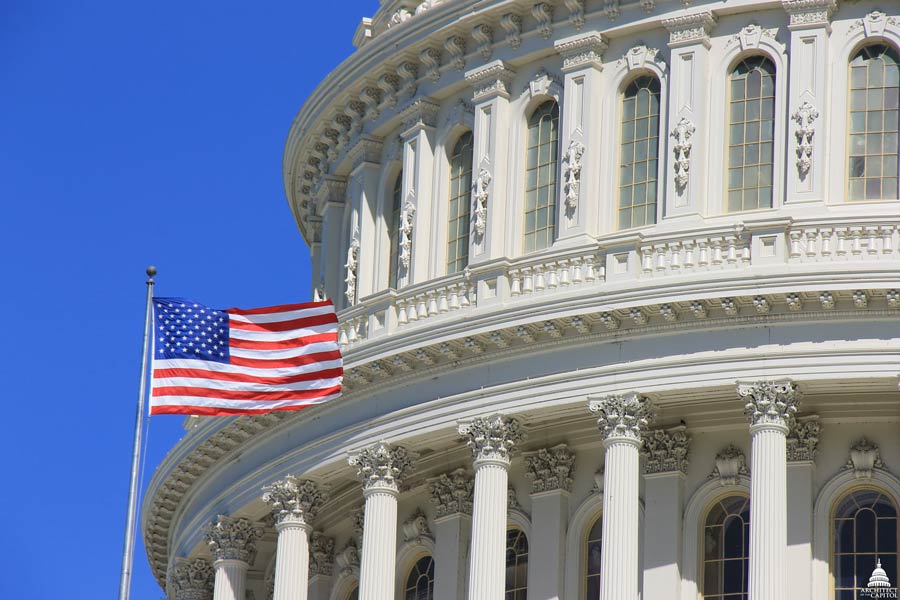The DC Workers’ Compensation Litigation Process

 Whenever I tell clients about the workers compensation litigation process in DC, they get a blank look on their face. What do you mean it takes two to three months to get a hearing date? What do you mean the insurance company can file an appeal if I win my case?
Whenever I tell clients about the workers compensation litigation process in DC, they get a blank look on their face. What do you mean it takes two to three months to get a hearing date? What do you mean the insurance company can file an appeal if I win my case?
The unfortunate truth is that the litigation process in DC workers’ compensation cases can go on seemingly forever. This is one of the many reasons why it’s best to talk to an attorney from the onset. The time to hire an attorney is not when you are already in crisis mode and would have benefit from a hearing moths prior. Attorneys are able to do many beneficial things for their clients, but one thing they cannot do is speed up the DC litigation process, as that process is controlled solely and entirely by the DC Legislature and the courts.
In DC workers’ compensation cases, the litigation process begins at an Informal Conference. This level is, more or less, a mediation where nothing is recorded, the parties are not under oath and the only witness is the injured worker. Either party is able to appeal from the written decision received following an Informal Conference. Those appeals go to a DC Formal Hearing in which an Administrative Law Judge (ALJ) presides over the hearing. A formal hearing is much more complex than an informal conference. Each side to the case can present witnesses, the witnesses are under oath, the proceedings are recorded, and the rules of evidence apply. There is also almost always formal discovery conducted by both sides of the case. The discovery process can include written requests for information (such as interrogatories or request for production of documents) or verbal request (such as depositions of doctors or the injured worker).
It takes several months to receive a written decision from both the DC Formal Hearing Judge. But, the process does not stop there. After the Formal Hearing, either party can, yet again, file an appeal if they are not happy with the ALJ’s decision. This appeal is done by written legal Memoranda only, and does not involve an actual hearing. The legal memoranda are prepared by the attorneys and filed with the Compensation Review Board (CRB). If the CRB feels that there was an error of law, or that the ALJ’s decision was not based upon ‘substantial evidence,’ then the case will be sent back down to the ALJ for another Formal Hearing to get the case re-heard. If the CRB agrees with the ALJ, then the case will not be sent back down to the ALJ, and the ALJ’s decision will be final unless, of course, another appeal is filed.
If either party to the case is not happy with the decision of the CRB, the case can be appealed for a fourth and final time to the DC Court of Appeals. This time, legal Briefs are filed by the attorneys and argued before the Chief Judge and several other Court of Appeals Judges. The written decision of the DC Court of Appeals is truly final. The DC Court of Appeals can either affirm (agree with) the ALJ, or, the Court of Appeals can reverse (disagree with) the ALJ’s decision and send the case back down to the Formal Hearing level with instructions for the judge. If that occurs, the process can, more or less, start over again.
I hope that this blog shows you just how important it is to have an attorney representing you and your interests in your DC workers’ compensation case.The process can not only be lengthy, but can also be fairly complex. If you are looking for more details on the litigation process, please do not hesitate to reach me at lpisano@bsgfdaw.com or 301-740-3304.
